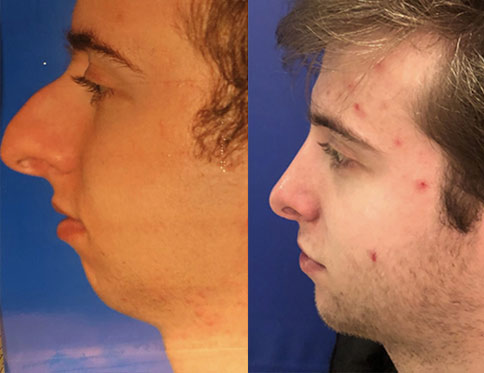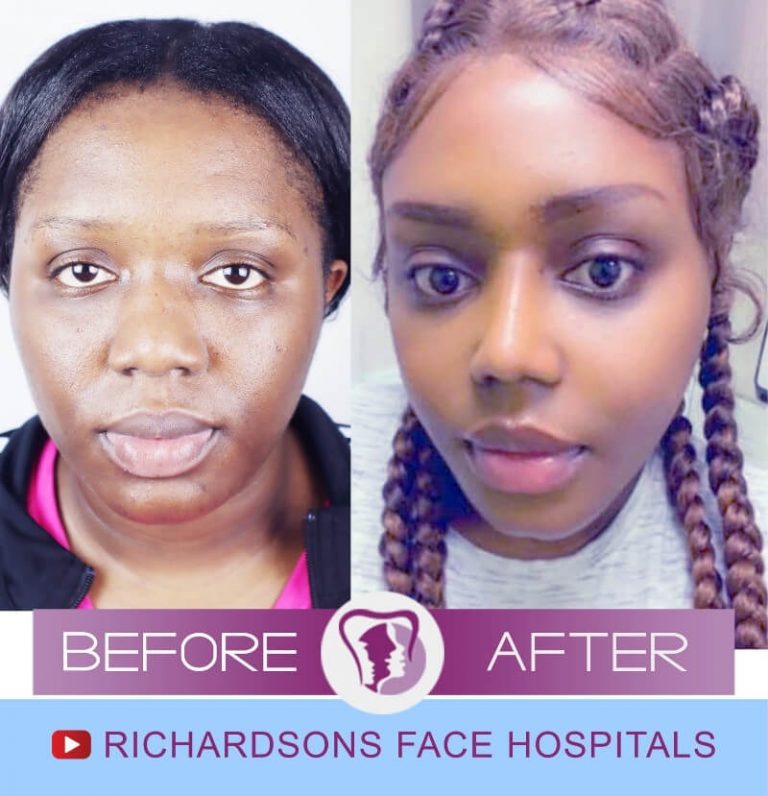Specialist Plastic Surgery Rancho Cucamonga: Transform Your Appearance with Top Surgeons
Specialist Plastic Surgery Rancho Cucamonga: Transform Your Appearance with Top Surgeons
Blog Article
Exploring the Psychological and Social Aspects That Drive People to Think About Aesthetic Surgical Procedure as a Means of Renovation
The choice to pursue plastic surgery typically extends past mere looks, linking with social and mental characteristics that merit thorough assessment. Aspects such as self-worth, pervasive social appeal criteria, and the pervasive impact of social networks converge to shape specific motivations for surgical improvement. As these impacts come to be progressively popular, comprehending the underlying emotional and social contexts is vital. What remains to be explored is the extensive influence these variables have not just on individuality yet likewise on more comprehensive social standards and values bordering elegance and acceptance.
The Duty of Self-Esteem
Self-confidence considerably affects a person's decision to go after plastic surgery. Individuals with low self-confidence frequently view themselves in an adverse light, bring about feelings of insufficiency concerning their physical look. This unfavorable self-perception can drive them to seek medical treatments as an approach of enhancing their self-image. The wish for improvement in one's look is often linked to a belief that such changes will raise their general self-worth and self-confidence.

Inevitably, the duty of self-worth in the decision-making procedure pertaining to plastic surgery highlights the intricate interplay in between body picture, personal fulfillment, and mental health. Understanding this partnership is crucial for health care specialists to make sure that patients are making informed choices rooted in practical expectations and emotional health.
Societal Appeal Requirements
Influenced by prevalent media portrayals and social stories, societal beauty criteria play a crucial function fit individuals' assumptions of their own bodies. These standards are commonly identified by an idyllic kind of charm that emphasizes traits such as symmetry, youthfulness, and slimness. As these ideals are bolstered through different channels, consisting of film, tv, and marketing, individuals regularly internalize these messages, causing dissatisfaction with their all-natural look.
The implications of these societal standards extend beyond aesthetic choices; they can influence self-worth, mental health and wellness, and social partnerships. People who view themselves as dropping brief of these criteria may experience feelings of insufficiency, motivating a need for cosmetic surgery as a way of accomplishing social authorization. This search is usually sustained by the belief that complying with these suitables will certainly boost not just physical look but likewise social standing and individual gratification.

Influence of Social Media Site
The impact of societal charm requirements is more enhanced by the increase of social media sites systems, where curated photos and idealized representations of appeal are common. Individuals are frequently exposed to filtered and edited photographs, which commonly portray unattainable physical characteristics. This exposure grows a society of contrast, leading individuals to examine their very own look versus these typically unrealistic criteria.
Social network influencers and celebs regularly promote aesthetic treatments, normalizing the concept that medical enhancements are a viable means for attaining social perfects (plastic surgery rancho cucamonga). The visibility of these improvements can develop an webpage understanding that going through cosmetic surgery is a common method, thus influencing individuals to think about similar interventions as a path to boosted self-worth and social approval
In addition, the interactive nature of social media sites enables instant comments with sort and comments, better enhancing the wish to comply with preferred charm standards. Such communications can worsen sensations of insufficiency and drive individuals toward cosmetic surgery as a method of getting validation. Ultimately, social media plays a crucial function in forming perceptions of beauty, which significantly affects the decision-making processes bordering plastic surgery.

Social Viewpoints on Appearance
Across numerous societies, perceptions of appearance are deeply rooted in historical, social, and economic contexts, shaping individuals' views on appeal and worth. In several societies, appearance functions as a substantial pen of identification, influencing social standing, expert possibilities, and personal connections. For instance, in some cultures, light skin is often related to wide range and advantage, while others might idealize darker complexion as symbols of toughness and credibility.
Furthermore, standard beauty standards are typically bolstered through social narratives, media representations, and family affects, leading to differing ideals throughout various areas (plastic surgery rancho cucamonga). In Western cultures, the focus on young people and physical conditioning frequently drives people toward cosmetic improvement, while in certain Eastern societies, more subtle adjustments aligned with standard appearances may be favored
Globalization and the proliferation of electronic media have actually further complicated these characteristics, discover this info here creating a hybridization of charm perfects that goes beyond geographical boundaries. As individuals significantly navigate these cultural narratives, the pressure to comply with particular look criteria can bring about the need for plastic surgery, mirroring a complex interplay of personal goals and cultural values. Comprehending these social perspectives is necessary in addressing the motivations behind cosmetic surgery considerations.
Mental Influences of Aesthetic Surgical Procedure
Several individuals looking for plastic surgery report experiencing profound psychological influences that can significantly modify their read review self-perception and psychological well-being - plastic surgery rancho cucamonga. The desire for physical enhancement often originates from underlying problems such as low self-confidence, body dysmorphic condition, or social pressures concerning charm criteria. For some, the instant post-operative phase can bring about a short-lived boost in self-confidence and satisfaction with their appearance, cultivating a sense of empowerment
Nonetheless, these positive sensations might not be sustaining. Research suggests that while some patients experience boosted self-esteem, others might encounter elevated anxiety or clinical depression if their expectations are not fulfilled. This discrepancy can emerge from unrealistic perfects continued by media depiction and cultural stories surrounding appeal.
Additionally, the emotional ramifications of cosmetic surgical procedure extend beyond the person. Relationships with family and friends may be stressed as social dynamics shift, causing sensations of isolation or alienation. Eventually, the mental effects of cosmetic surgical treatment are complex and diverse, needing mindful consideration by both potential people and healthcare companies to ensure educated decision-making and sensible assumptions.
Verdict
Finally, the choice to pursue cosmetic surgical treatment is dramatically affected by a mix of self-esteem concerns, social beauty standards, and cultural perspectives on appearance. The prevalent reach of social media even more worsens these stress, promoting unrealistic ideals that individuals typically aim to obtain. Comprehending these social and psychological elements is vital for dealing with the motivations behind plastic surgery, highlighting the requirement for an extra nuanced discussion bordering appeal and self-acceptance in contemporary society.
The decision to seek cosmetic surgical procedure usually expands past simple appearances, intertwining with mental and social characteristics that merit thorough examination. Inevitably, social media plays a crucial duty in shaping assumptions of beauty, which significantly influences the decision-making procedures surrounding cosmetic surgical treatment.
As individuals significantly browse these cultural stories, the pressure to conform to details look requirements can lead to the desire for cosmetic surgical procedure, showing an intricate interaction of cultural worths and personal desires.In final thought, the decision to go after cosmetic surgery is considerably influenced by a combination of self-esteem problems, social appeal criteria, and cultural viewpoints on appearance. Recognizing these social and emotional factors is important for resolving the motivations behind cosmetic surgical procedure, highlighting the need for a much more nuanced conversation bordering charm and self-acceptance in modern culture.
Report this page